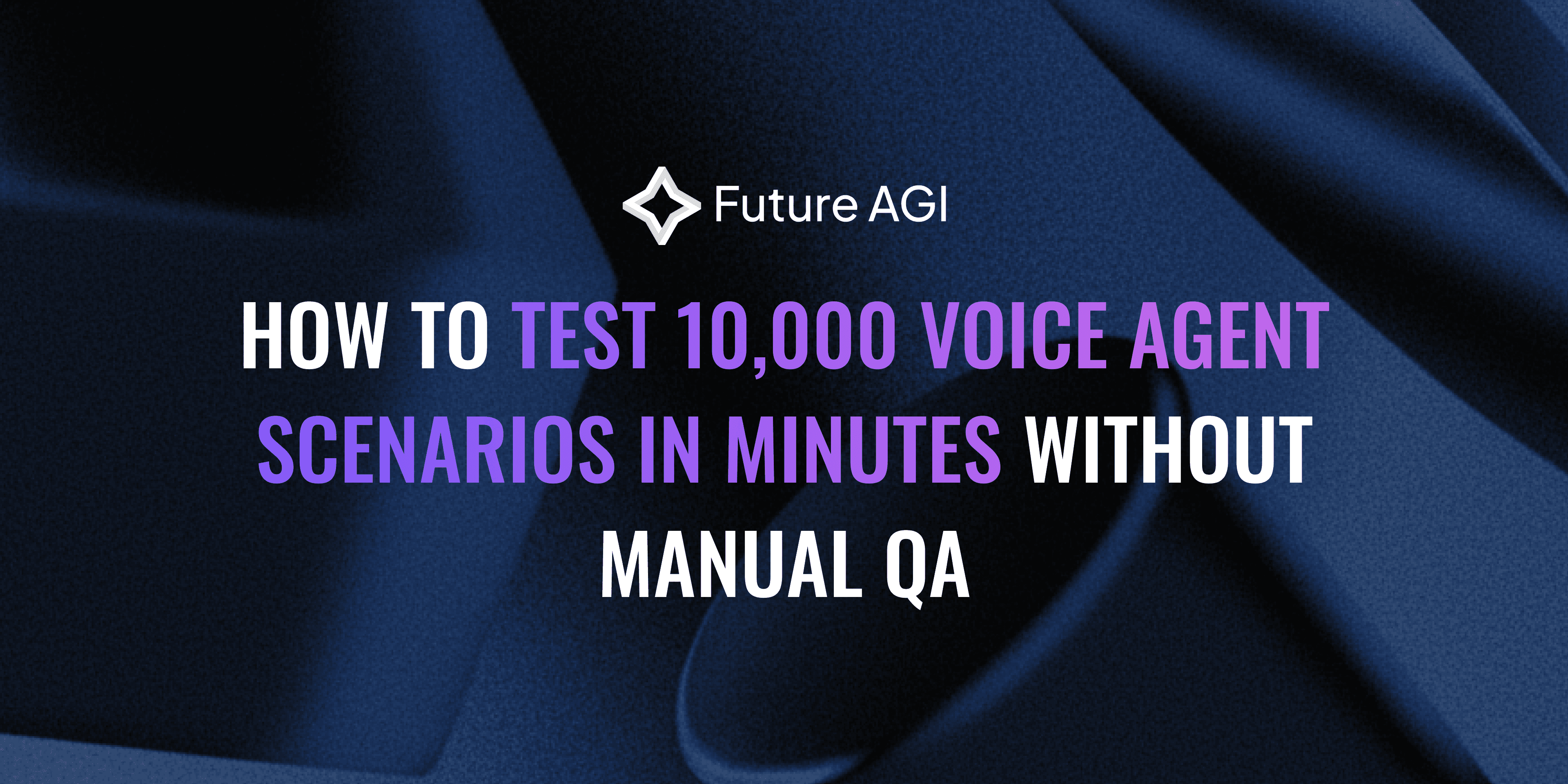Introduction
AI agents are changing how we manage our daily tasks. A new survey shows that 83% of sales teams that use AI have seen their sales go up, while only 66% of teams that don't use AI have seen their sales go up. The increasing use of AI shows how important it is for boosting productivity and efficiency.
AI agents have changed a lot in the last ten years. They have gone from simple chatbots to powerful tools that can do difficult tasks. A good example of this progress is OpenAI's Operator. The operator can browse the internet on behalf of people and do things like buy groceries or plan trips on their own. At first, these assistants only answered simple questions about customer service. Now machine learning is sharp enough that AI agents can eyeball data, figure out what needs doing, and lay out a plan all on their own.
OpenAI just dropped something called Operator, and trust me, it’s a big leap toward letting AI handle work for us. Under the hood, Operator runs on a fresh concept: the Computer-Using Agent (CUA). CUA mashes up GPT-4o’s vision smarts with some serious reasoning chops, so Operator can mess with buttons, menus, and text boxes in a browser like a human would. OpenAI's Operator is an AI agent that is intended to provide assistance with tasks such as ordering products, filling out online forms, and booking flights. Although the Operator is capable of autonomously managing multiple tasks, it requires user confirmation prior to executing sensitive actions, such as entering login details or making purchases. This ensures that users maintain control and can verify actions prior to their completion.
This blog will provide an explanation of the Operator, examine its fundamental technology like Computer-using agent(CUA), and address its use cases and limitations.
What is an Operator?
OpenAI created an AI agent called Operator that is supposed to act like a person when it goes to websites to do things online. It uses a method that combines GPT-4o's ability to see things and its ability to think deeply. That means, with just a few clicks or taps in your browser, this AI marvel can knock out all kinds of tasks—anything from plowing through endless forms to snagging the latest deal online. Right now, only ChatGPT Pro members in the US can use this feature as a research preview. OpenAI has teamed up with companies like Uber, Instacart, and others to make Operator work better. For instance, when entering login information, the operator is trained to ask the user for input and get confirmation before taking any big steps. Honestly, it’s pretty cool—Operator keeps you at the helm while its AI takes care of the heavy lifting.
2.1 Key Features
Autonomous Web Interaction: The operator is capable of navigating websites, clicking icons, filling out forms, and performing other browser-based actions without human intervention.
Task Automation: It automates boring but necessary tasks, such as making to-do lists, purchasing groceries, and scheduling trips, so users can spend more time doing what really matters.
User Control and Confirmation: The operator ensures user supervision by requesting user input for sensitive information, such as login credentials, and seeking confirmation before executing critical actions.
Real-World Partnerships: The operator’s capacity to execute practical tasks efficiently is improved by partnerships with organizations such as Uber, Instacart, and eBay.

Figure 1: OpenAI Operator: Source
2.2 Real-World Problems Addressed by Operator
The operator confronts the challenge of monitoring web-based tasks that are both time-consuming and repetitive. The manual effort required from users is reduced by automating activities such as filling out forms, reserving travel, and ordering supplies. This automation not only reduces the risk of human error in these processes but also saves time. For businesses, Operator can simplify operations by taking care of everyday jobs, so employees can focus on more important work. In personal contexts, the system helps people manage their daily tasks more efficiently, which in turn improves productivity.
Overview of the Research Availability: Currently, the system is accessible to ChatGPT Pro users in the United States, which enables OpenAI to collect feedback and enhance it before its wider release.
But, how does it work, let’s find out in the next section.
Technical Architecture of Operator
The Operator, developed by OpenAI, is an AI agent that can mimic human interactions by carrying out tasks independently within a web browser. It executes its functions by the interpretation of web interfaces and the execution of operations such as clicking, typing, and scrolling. The Computer-Using Agent (CUA) model, which integrates GPT-4o's vision features with sophisticated reasoning, is responsible for this capability. The operator operates within a virtual browser environment, capturing and analyzing snapshots to facilitate comprehension and interaction with web pages. It executes actions to accomplish specified tasks by continuously perceiving the environment, reasoning to determine appropriate actions, and executing those actions in an iterative perception-action cycle.
3.1 Underlying AI Model: Computer-Using Agent (CUA)
Operator's functionality is fundamentally based on the Computer-Using Agent (CUA) model. Reinforcement learning is used to integrate GPT-4o's vision capabilities with advanced reasoning. This integration allows CUA to interpret graphical user interfaces (GUIs) by processing visual inputs and comprehending the layout and elements of web pages. CUA is capable of performing actions such as selecting buttons, entering text, and traversing menus by interacting with GUIs using virtual mouse and keyboard inputs. CUA enhances its capacity to perform complex tasks autonomously by learning from the outcomes of its actions through reinforcement learning, which improves its decision-making.
3.2 Virtual Browser Environment
The operator works within a remote browser that is hosted on OpenAI's servers. It captures screenshots of web pages in order to analyze and comprehend their interfaces. Operator can interact with the page in a manner similar to that of a human user by identifying elements such as icons, text fields, and links through the processing of these images. Operator can function across most of the websites without APIs or direct integration. Hosting the browser environment remotely allows many instances of Operator to operate simultaneously and gives users access to Operator's features without requiring considerable local resources.
3.3 Iterative Perception-Action Loop
A continuous cycle of perception, reasoning, and action is the mechanism by which the operator operates. It takes a picture of the web page to see its present state, decides what action to take based on its goals and how the page looks, and then performs the action using virtual inputs. This process is repeated iteratively, enabling the Operator to navigate through multi-step tasks. Operator uses chain-of-thought reasoning to break down complex tasks into manageable steps, which enhances its problem-solving abilities. It also has self-correction mechanisms that allow it to adjust to dynamic web environments by reevaluating and modifying its actions in response to changes or unexpected outcomes.
Operator is capable of autonomously navigating and interacting with web interfaces, effectively executing complex tasks on behalf of users, due to its technical architecture, which includes the Computer-Using Agent (CUA) model, a virtual browser environment, and an iterative perception-action cycle.
Practical Applications and Use Cases
OpenAI's Operator provides a variety of practical applications that improve the efficacy and accessibility of both individuals and enterprises.
4.1 Task Automation
The operator automates a variety of tasks, such as the submission of forms, the booking of travel, the arranging of dining reservations, and online purchasing. For example, it is capable of navigating airline websites to schedule flights, reserving tables at restaurants, purchasing items from e-commerce platforms, and completing online forms by inputting the necessary information. Operator reduces the effort required to manage daily activities and saves users time by administering these repetitive tasks.
4.2 Accessibility Enhancements
Operators can simplify complicated web interactions, also rendering them accessible to individuals who may not possess computer skills. It increases the accessibility of technology by automating tasks that may be difficult for certain users. In the future, the integration of voice commands could provide additional support to users with disabilities by enabling them to interact with web services through speech. This development would increase the inclusivity of digital platforms, allowing a broader spectrum of users to benefit from online services.
4.3 Enterprise Applications
Operator can be employed by businesses to automate routine digital tasks, including data entry, report generation, and scheduling. Businesses can improve productivity by decreasing the manual effort necessary to complete these tasks by incorporating Operator into enterprise workflows. This enables employees to concentrate on strategic activities that contribute value to the organization. Furthermore, the Operator's capacity to manage a variety of web-based tasks can enhance the overall efficiency of business processes and streamline operations.
OpenAI's Operator shows considerable promise in a variety of fields. This solution provides practical solutions that can enhance inclusivity and efficiency by automating routine tasks, enhancing accessibility, and integrating into enterprise workflows.
Limitations
Operator is currently in the research preview phase, and as a result, multiple limitations have been identified that impact its performance and usage.
Access Restrictions
The operator faces challenges when accessing specific websites. It is unable to access content from platforms that actively ban AI agents, such as Reddit. Furthermore, it is not allowed to use platforms that need a lot of resources, including Figma and YouTube.
Task Limitations
The operator is instructed to decline specific sensitive tasks, such as those that require high-stakes decisions or banking transactions.
Reliability and Usability Challenges
The operator's expertise is greatly dependent upon the precision of user prompts. Early tests show that the results can be greatly improved by providing detailed instructions.
Security and Ethical Considerations
OpenAI has instituted measures to ensure the responsible use of Operator. Before performing more critical tasks, such as sending an email, the operator requests approval. However, this process is not applicable to banking transactions or the evaluation of a job application. The operator won't use data that users have previously shared with ChatGPT to perform actions.
When users have a clear understanding of these limitations, they are better able to establish reasonable expectations and make efficient use of the Operator within the scope of its existing capabilities.
Conclusion
OpenAI's Operator is an AI agent that is capable of autonomously completing web-based tasks, including the completion of forms, the ordering of supplies, and the reservation of travel accommodations. Mimicking human actions, it interacts with web pages by selecting, typing, and navigating. The purpose of this innovation is to improve productivity and efficiency by automating routine tasks.
Operator has limitations despite its capabilities. It experiences difficulty with complicated tasks such as administering complex calendar systems or creating detailed presentations. Furthermore, it is incapable of managing sensitive actions, including financial transactions and job application decisions. OpenAI implemented measures that ensure responsible use, such as requiring user approval for critical actions and avoiding tasks that involve sensitive information.
Operator and other AI agents are on their way to having a substantial influence on society and technology as they continue to develop. They have the potential to revolutionize a variety of industries by outsourcing routine tasks, which frees up time for more complex activities. However it will be important to address their limitations and ensure their ethical use as these technologies become more integrated into daily life.
FAQs











